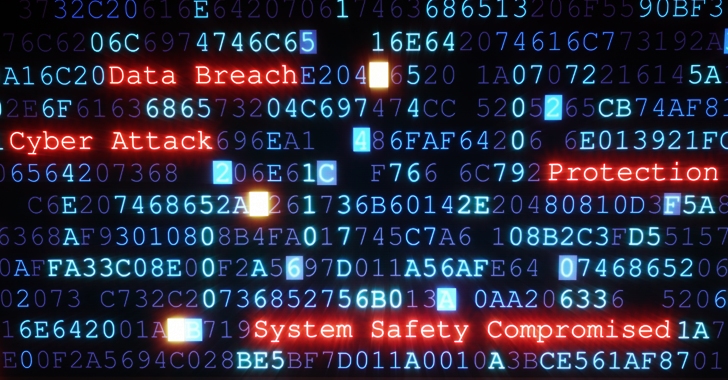If you told someone 50 years ago that we’d be using technology that reaches any piece of information in history and stores our information for our own targeting and sometimes sale to the highest bidder, that person would look at you like you had three heads. Yet here we are, and it’s arguably the scariest time in history to live if you have private information.
I like to think I’m generally safe on the internet. I try not to visit any sites that might be unsafe for my private information, and I definitely don’t give any personal information out to any sites that I don’t completely trust. One thing I definitely don’t do is monitor the trackers during my internet usage, as the article from The New York Times suggests. To be completely honest, that kind of monitoring spooks me to the point where I’m not sure if I want to know.
I do, however, use antivirus software called Norton, which also offers a VPN and a password storage system. I haven’t run into many problems with it the way I’ve seen with McAfee, and I think it does a really good job of alerting me when I might be visiting sites that don’t have my best interests in mind.
I’m happy to report that I do use a password manager, as our reading from Digital Trends suggests. As I mentioned, Norton has a password manager, but I think the one installed on my MacBook Pro is a bit easier to use. It automatically connects all of my devices, and it helps me to use complicated passwords that I would typically never remember, which is safer against hackers.
Finally, I’ve taken surface level encryption steps by using a password on my laptop and a passcode on my phone. I do still worry about hacks of my backups on iCloud, as we’ve seen with celebrities, but I find that my data has been well-protected by these types of passcodes.
One area I could stand to improve upon is in my updating of my software, as Professor Gillmor suggests in his article on The Guardian. I’m definitely the kind of person who sees software updates and puts them off until the last possible moment. I do it with my phone, and I do it with my laptop despite knowing full well that the software updates from Apple are for the best. Now that I know how important it is to take those precautions, I’m definitely open to making that change in my life.
I mentioned this in my discussion board post, but I tend to think of protecting data as a losing battle. I have found myself wondering it it’s worth it to worry about losing my data when, for all I know, it might be able to be had by anyone who wants it. That said, I’m open to the idea that I might not be making the best decisions with my data, and I’m absolutely interested in learning how to better protect it.






